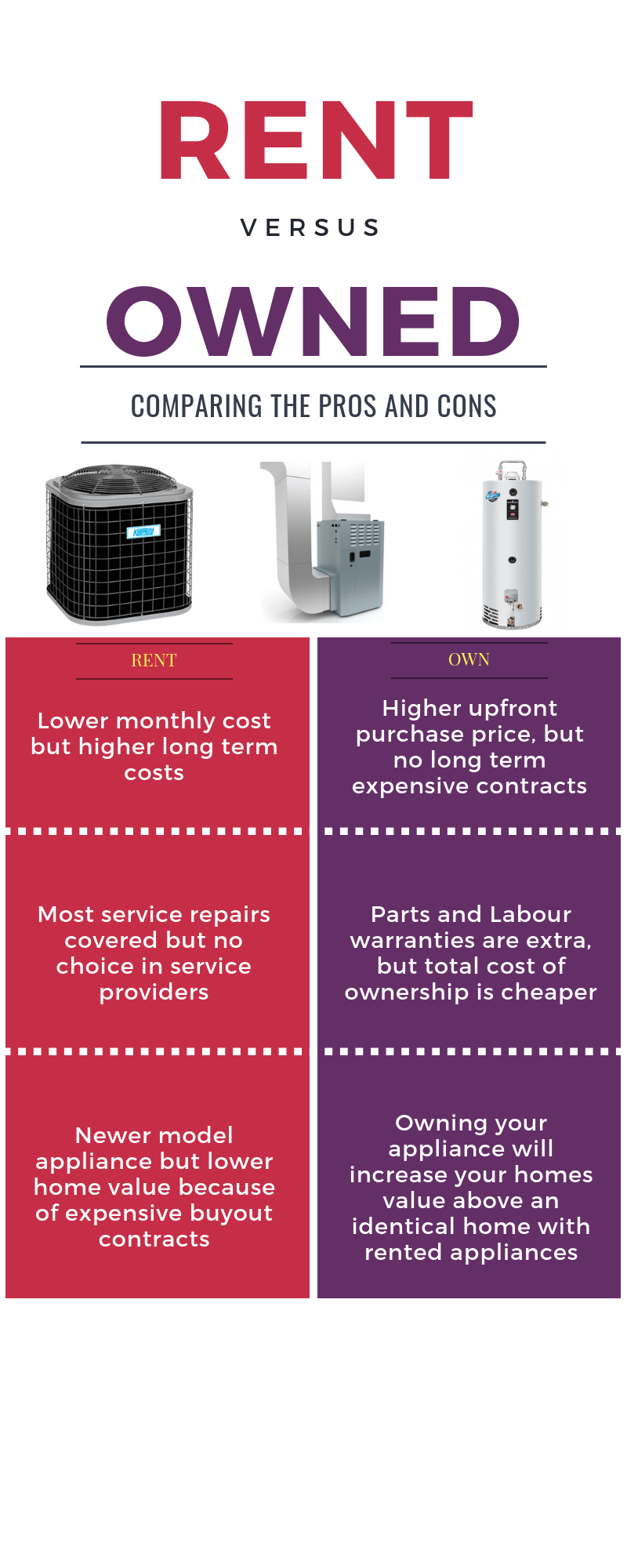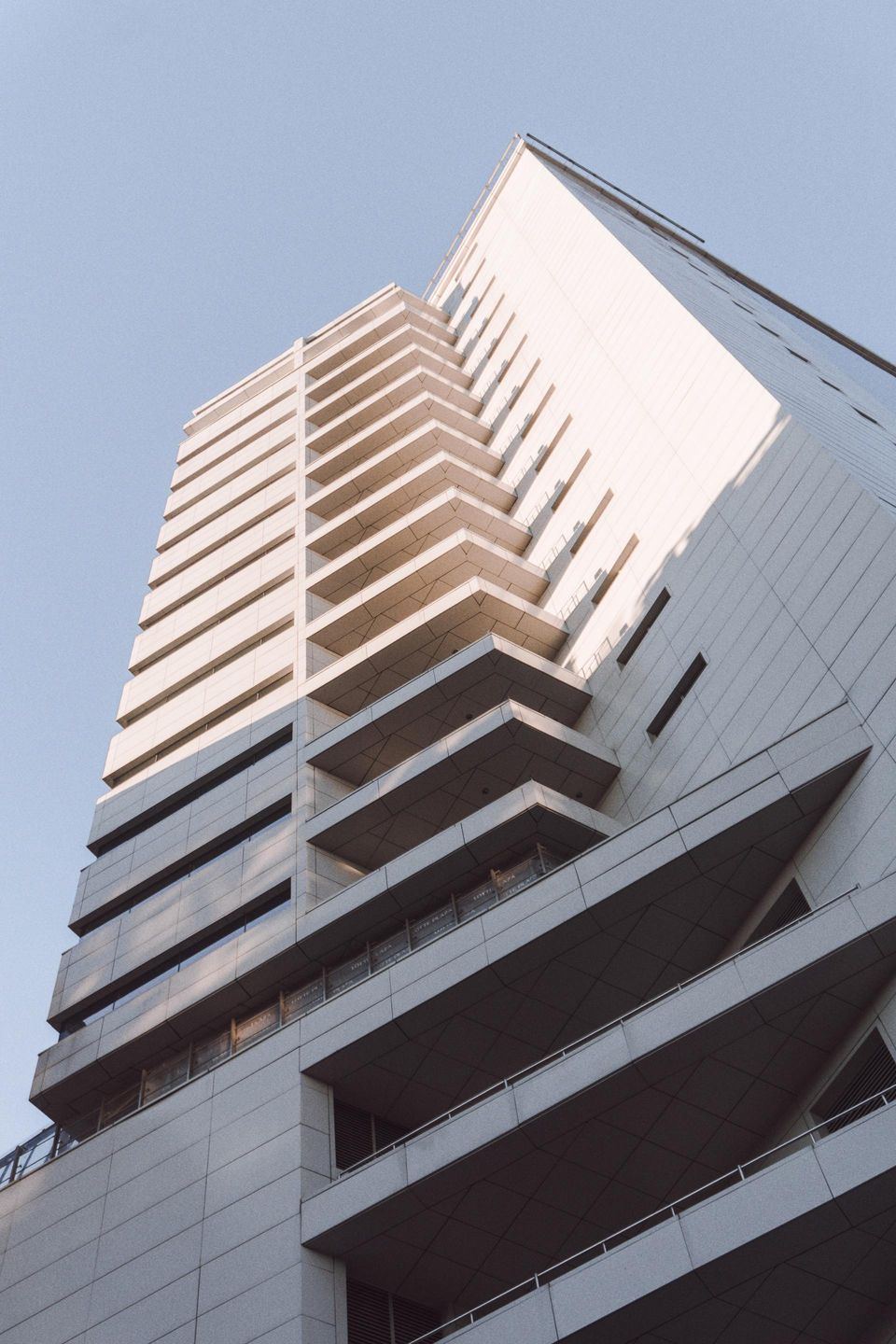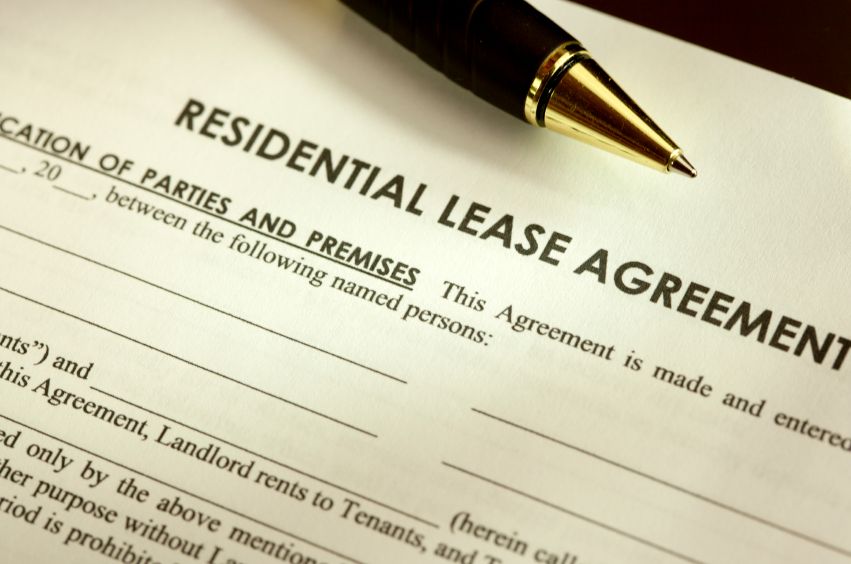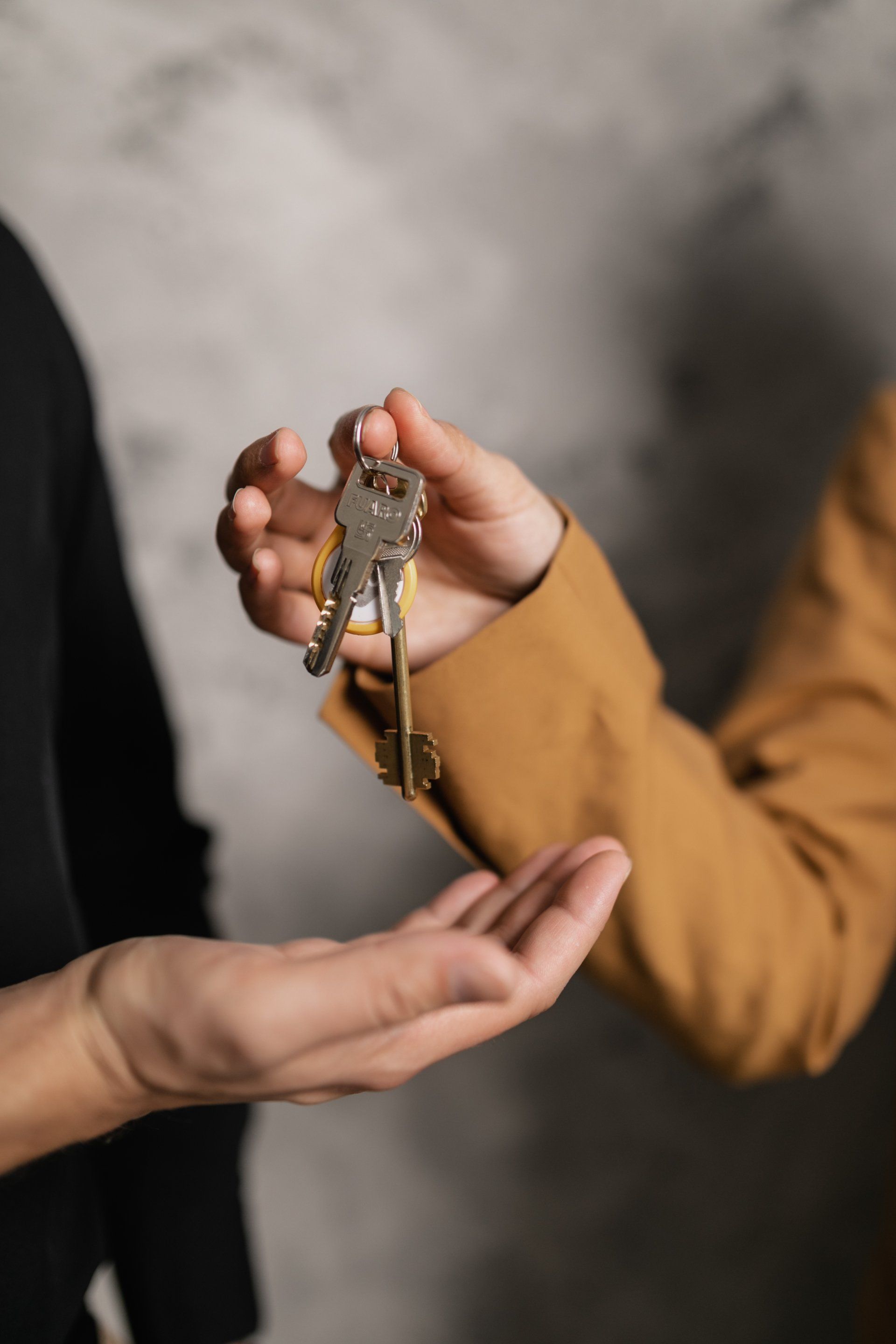
What to know before buying a condo
Are you ready for condo living?
Condominiums make for a very popular choice among young people and retirees. However as home prices rise, condos may be the only affordable choice for buyers in general. Here are some things to consider before buying a condo.
1. Condo Fees
Condo fees generally will increase over time as costs to maintain a complex will undoubtedly increase. However it is also known that condo fees may be kept low in the short term to suit the residents and later increase considerably to work against resale. You must do your research, visit other buildings to find out how much people are paying per square foot. Keep in mind that condo amenities may not be the only reason for higher fees. If your building contains trendy boutiques or speciality shops, this may also result in higher fees, as maintenance cost, design, and decor would be pricey.
2. Rental vs Owner ratio
Beware of condos that are more than 25% rentals. Owners are considerate in taking care of their condo unit, the common elements and amenities. Renters do no have the same interest as owners and as a result may not be concerned with the care of the condo.
3. Condo Management
The number one reason for unhappy condo ownership experiences is because of the management of the condo complex. The condo board is in charge of the governance of the complex. Their responsibilities are set out in the condo corporation bylaws and rules. Some of these responsibilities include management of money, proper bidding for repairs. ensuring that the condo property management is performing its job diligently. When buying a condo, your lawyer should review the condo status certificate to make sure condo finances are in order, identifying any outstanding work orders or costly special assessments. Also, talk with residents and ask them if they are happy.
4. Building Reputation
Buildings have reputations. Ask your agent to give you an idea of the building's desireability in the market. Some questions to ask include: how long does it take for units to sell in the building you're considering vs. others in your area? If it's priced below market value, find out why, and be okay with those reasons before going forward. Also double check the reputation of the builder as well as the current condo property management group.
5. Do your Research
You should be aware of your buildings demographics. Are the residents mostly retirees or young single adults. It is important you choose a building that meets your criteria. It is also important to understand the neighbourhood. Is your neighbourhood going through development, you need to know whether new buildings will block your view. It's good to know what businesses are coming into the neighbourhood, as all of these factors will affect the future value of your property.
6. Pay Attention to Layout
Every building is designed with multiple layouts, and they all vary in desirability. For example, there could be a 950-square-foot layout that's a large one bedroom plus den on a low floor and in the same building there could be a two-bedroom version that's also 950 square feet but a totally different layout, but one can sell for much more depending on the appeal of its configuration. Also consider Concrete vs wood construction, concrete should be quieter, fire resistant, structurally stronger, easier to heat and lower insurance rates,
7. You Are Not The Ultimate Décor Decider
Every building will have restrictions around renovations, décor and pet sizes. You must consult with the condo board before doing substantial renovations to your unit. They often have strict rules on decorative features. Most condos, for example will only allow you to have white drapery facing the street, as it keeps the building looking clean and streamlined from the outside.
8. New Condo Build Vs Resale
Bare in mind that a new condo construction may have many unknowns and would be difficult to make the proper assessment before purchasing. When purchasing from a builder, ensure your lawyer reviews all the purchase agreements and beware that a condo that is less than 60% sold could come with delays. Note: A partially sold condo complex will cause higher fees for existing residents.
Protection for buyers
If you are buying a new condo, the Ontario Ministry of Government and Consumers Affairs says a buyer has the right to cancel his/her purchase within 10 days, “which starts from the time you receive a copy of the fully signed purchase and sale agreement or the disclosure statement (whichever comes later).”
A buyer also has the right to cancel the sales agreement within 10 days if a “significant change” has been made to the disclosure statement.
If a buyer wishes to cancel, the developer must refund the deposit (plus interest).
When a buyer makes a deposit, the developer needs to ensure “it is held in trust.”
Without a buyer’s consent or a court order, a developer cannot terminate a buyer’s purchase and sale agreements.
New condo units are covered by the Ontario New Home Warranties Plan Act, which is overseen by Tarion Warranty Corp. Click here
for more information on Tarion’s warranty.
Part of that warranty includes deposit protection on homes and condo units. Deposits paid for new condo units are protected by Tarion up to a maximum of $20,000 and only for residential units.
Obligations for developers
A developer needs to ensure the condo is completed on time, and if the condo closing is “unreasonably delayed,” the buyer has a right to receive compensation.
The developer also has to set up the condo corporation by registering the required legal documentation and provide a disclosure statement. Click here
for more information on what the statement includes.
For more information contact mefor all your Real Estate needs.
Share

ABOUT EXIT REALTY
LOCATION
134 Queen St. EastBrampton, ON L6V 1B2
CONTACT US
905-451-2390homes@francescabelle.com
www.francescabelle.com All RIGHTS RESERVED 2022 privacy policy
New Paragraph


